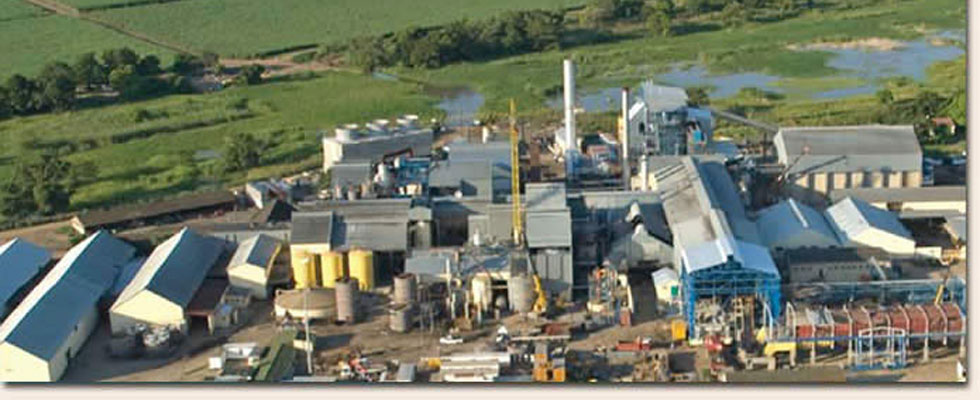
CAPE TOWN — Tongaat Hulett, the biggest private sector employer in Zimbabwe, has kept cool in the face of a two-week deadline from the Zimbabwe government to either comply with indigenisation laws or risk being kicked out.
Report by www.moneyweb.co.za
The deadline expires this week.
Tongaat management has refrained from commenting. Instead chief executive officer Peter Staude has opted to focus on and emphasise the company’s proven strengths in small farmer and rural community development. Discussions are underway with the Zimbabwean government.
In a statement released with the company’s interim results to September, the company noted that in Zimbabwe about 670 private black farmers farmed 11 100 hectares and employed more than 5 550 people. Small-scale farmers are expected to supply Tongaat with 772 000 tonnes of cane this year, which will generate $50 million in revenue for them.
A private farmer rehabilitation programme has been implemented to increase the area farmed by small-scale farmers to 15 880 hectares; to almost double their crop yields and increase their supply of sugarcane.
Tongaat estimates that all of these initiatives could result in local farmers earning $150 million in gross revenue per/annum and employing over 12 000 people.
In South Africa, similar efforts have been highly successful. The government has recognised this and is actively collaborating with the company to assist in rehabilitating cane supply on land reform farms that have gone out of cane.
- Chamisa under fire over US$120K donation
- Mavhunga puts DeMbare into Chibuku quarterfinals
- Pension funds bet on Cabora Bassa oilfields
- Councils defy govt fire tender directive
Keep Reading
Of course, these and other growing initiatives provide impetus to Tongaat’s need to increase sugar cane supply.
Drought, land reform and the (un)economics of cane farming saw cane production levels fall throughout the last decade.
While Tongaat has the capacity to mill two million tonnes of sugar/year, this fell to an all-time low of 50% a year ago. The increase in production, better sugar prices and industrial land sales contributed to a satisfactory set of results. Revenue increased by 22,7% to R7,4 billion; profit from operations rose 25,4% to R1,3 billion and headline earnings rose 30,5% to R654 million.
However, these initiatives come at a cost. “Tongaat’s cane supply initiatives will place a drag on cash flow in the short to medium- term, as the company needs to invest substantial resources into increasing its area under cane,” says Adrian Zetler, an equity analyst at Coronation Fund Managers.
Tongaat earned R1,7 billion in operating cash flow but absorbed R1,4 billion of this in working capital, which the company points out is consistent with this being a high point in the sugar season.
However, the numerous expansion and new sugar cane establishment programmes have resulted in Tongaat Huletts net debt at the end of September rising to R5,08 billion.
“Interest costs were 21% of ebit in this interim result. R5 billion of net debt and a debt to equity ratio of 67% is relatively high for a business operating in a cyclical industry,” notes Zetler.
The concern is that Tongaat has little wriggle room. It is financially and operationally geared, but it operates in a highly cyclical business environment. While this could be great for shareholders when things are going in your favour, it could become a toxic cocktail should conditions deteriorate in any way.
That said, the outlook is more rosy than not.
“There is a good opportunity to grow earnings by filling up the mills,” Zetler says. “A large part of your costs are fixed in a sugar mill, so when you grow volumes one should see exponential growth in profits as unit costs are reduced.”
Profits are also underpinned by the company’s property portfolio. While property development remains muted in the current economy, Tongaat sold 40 hectares of land for development in the last six months.











